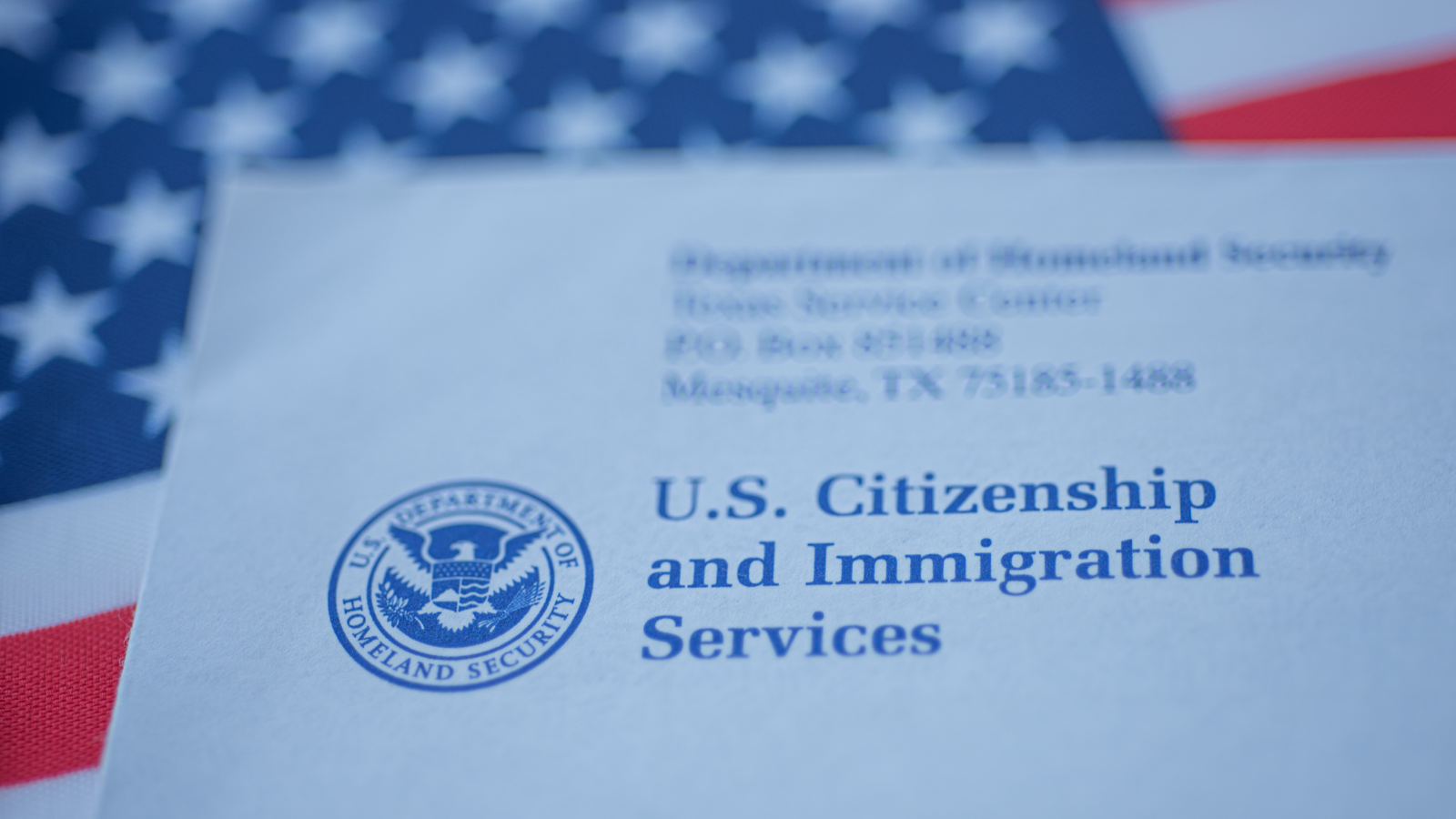
Who May Use Form I-601A
Form I-601A is useful in only a few situations. The form is designed for those who have an immediate relative or spouse who is a U.S. citizen or lawful permanent resident (LPR), and the U.S. citizen or LPR spouse wants to petition for his/her foreign-born spouse. This relative must have entered the U.S. undocumented for this form to apply. For example, if your spouse entered the U.S. without documentation and you two got married and you are a U.S. citizen or lawful permanent resident (aka green card holder) who wants to petition for your spouse so he/she can get LPR status, this waiver would be required (in very limited circumstances, the I-601A may not be necessary). In this type of situation, the foreign-born spouse must leave the U.S. to be able to get LPR status. This is where the I-601A comes into play.
Form I-601A lets those with more than 180 days of unlawful presence in the U.S. request that the unlawful presence be waived before they leave the United States to attend their immigrant visa interview. The waiver can significantly shorten your time away from your relatives in the United States.
If you have accrued unlawful presence, a bar to return to the U.S. is triggered when you leave the country. Anyone with unlawful presence who needs to leave the country to obtain an immigration visa should look into filing an I-601A.
Who Are Considered Qualifying Relatives?
I will explain what a qualifying relative is, which is a common question. To give some context to this scenario, let’s say that Jeff is a U.S. citizen and he marries Sally who came to the U.S. undocumented, and she has been in the U.S. for 10 years. They have 2 U.S. citizen children together who are 3 and 5 years old. In order for Sally to be able to eventually get her green card, she will need to file a hardship waiver proving that without her Jeff would suffer extreme hardship, as John is the only person who can be considered a “qualifying relative” for purposes of this hardship waiver in this scenario.
Common sense would lead you to think that their children should be considered “qualifying relatives,” but that’s not the case in this context. However, the hardship that the children would suffer without their mother could be imputed on Jeff. For example, if one of the children has a medical condition, and because of Sally’s schedule, she is the only one who can take the child to his frequent doctor appointments, without Sally, Jeff would have to take time off of work. If he takes too much time off work, he could lose his job. Although Jeff isn’t the one who suffers from the medical issues directly, the child’s medical issues have a direct impact on Jeff, and he would suffer extreme hardship without Sally.
The only relatives that can be considered “qualifying relatives” for the I-601A/I-601 waiver for hardship are U.S. citizen spouses, U.S. citizen parents, lawful permanent resident spouses, and lawful permanent parents.
Unlawful Presence Bars
You are subject to one of two unlawful presence bars depending on how long you stayed unlawfully in the United States. If you were unlawfully present for more than 180 days but less than a year, you will be barred from returning to the U.S. for three years. If you were unlawfully present for more than one year, you may not return to the U.S. for ten years. Form I-601A can waive the bar that applies to you.
In addition, Form I-601A is only available to those who meet each of the following requirements:
NOTE: If you have temporary protected status you are eligible for a waiver unless you have a final order of removal.
Who May Not Use Form I-601A
If any of the above requirements are not met (for example, if you are under 17 years old when filing), then you may not use Form I-601A. In addition, you are ineligible if any of the following apply:
Evidence to Include
Your I-601A must be filed with evidence of your approved immigrant visa petition and evidence that you paid your immigrant processing fee. In addition, you will have to show your case deserves special treatment. You are asking USCIS to overlook facts that would normally make you inadmissible.
Meeting Hardship Requirements
To have unlawful presence waived, you need to meet extreme hardship requirements for your qualifying relative (a U.S. citizen or lawful permanent resident parent or spouse). This means showing your relative will suffer more than normal hardship from family separation if you are prevented from immigrating. The USCIS considers the following factors for extreme hardship:
To support your case, you need to show as much evidence of your relative’s hardship as possible. The types of evidence accepted include but are not limited to (1) affidavits from qualifying relatives who know about the hardship, (2) expert opinions, (3) payroll records or tax statements to show employment, (4) financial records to show monthly expenditures, (5) medical documents to show medical hardship, (6) membership in community organizations, (7) birth, marriage, or adoption records, (8) country condition reports, and (9) any other evidence to support your claim.
Showing Your Case Deserves a Favorable Exercise of Discretion
In addition to meeting extreme hardship requirements, you must also show your case deserves a decision in your favor. Some factors in your case will help you, others will not. Some common favorable factors include:
Other factors will negatively impact your case. While none of the following will necessarily prevent you from obtaining a waiver, they may reduce your chances significantly. Unfavorable factors include:
What to Expect After Filing
According to the USCIS website, as of this writing, it will take approximately 6 – 8 months for this application to process. About 4 weeks after filing, you will receive a receipt notice stating that USCIS has received the application. About 6 weeks after filing, USCIS will send a biometrics appointment notice (fingerprint capturing for a background check) to the spouse applying for the waiver. The spouse will go to a local USCIS office to get this done.
You should wait until USCIS decides on your I-601A before leaving the country. This way you won’t end up stuck outside the U.S. if your I-601A is denied.
NOTE: Your pending waiver does not affect your current immigration status. It comes with no guarantees and does not protect you from removal proceedings.
Biometric Services Appointment
USCIS may schedule you for a biometric services appointment. If scheduled, you will receive a notice after USCIS receives and reviews your application for completeness. USCIS may request your photograph, fingerprints, or signature. You may be asked to provide additional information to ensure they have a complete profile.
When Your Waiver is Approved
If your waiver is approved, it will not take effect unless you leave the U.S., attend your immigrant visa interview abroad, and you are found eligible for an immigrant visa. An approved waiver does not guarantee you will receive a visa or that you will be readmitted to the U.S. after departing for your visa interview.
When Your Waiver is Denied
If your waiver is denied, you may not appeal the denial or make a motion to reconsider. Only USCIS can move to reconsider its decision. However, denial does not prevent you from filing another I-601A waiver or an I-601 waiver at the time of your immigrant visa interview.
USCIS does not automatically initiate removal proceedings against you if your I-601A is denied. You are more likely to have removal proceedings filed if you have a criminal record or connections to gangs or terrorist organizations.








